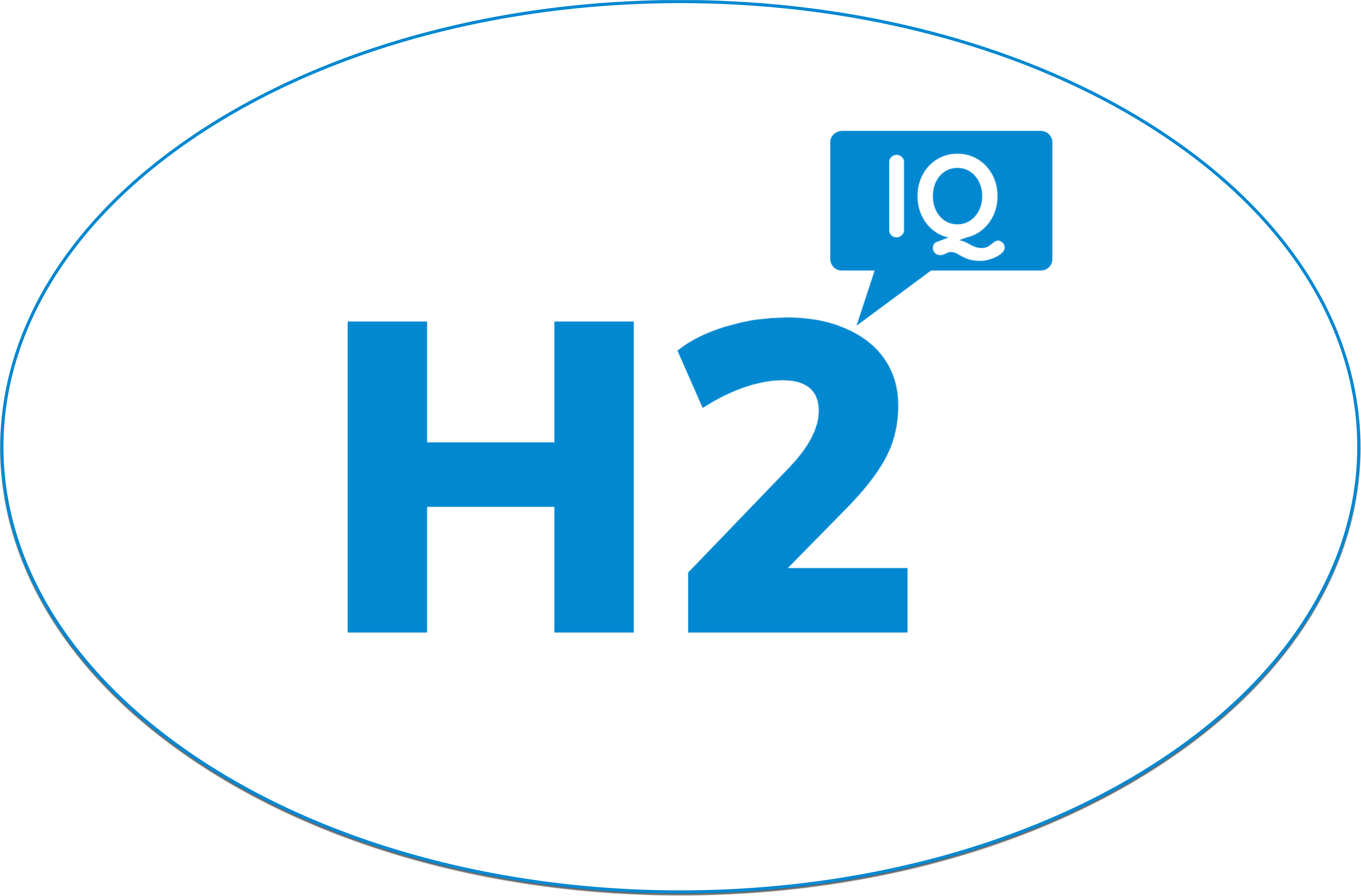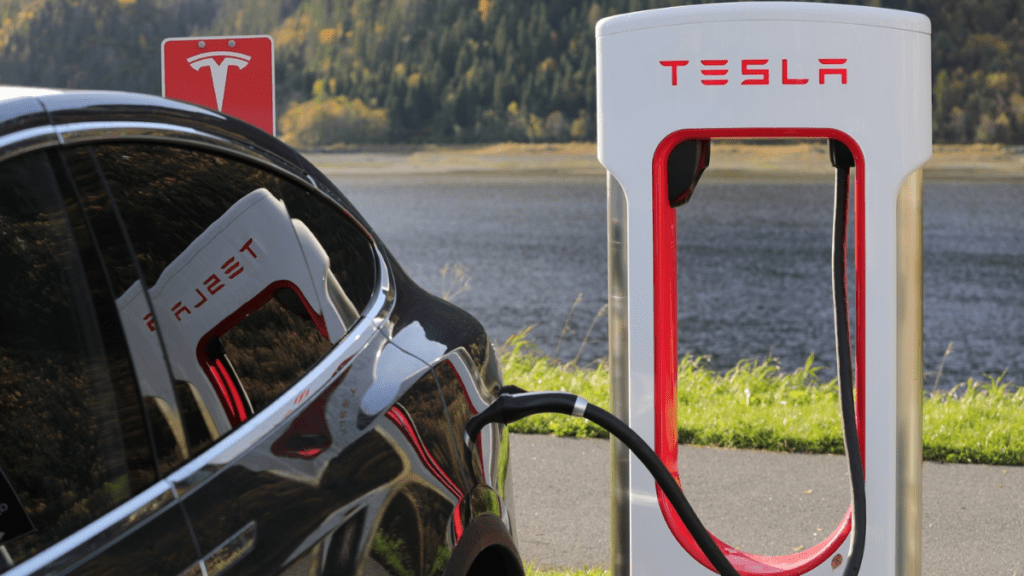
As the whole automotive industry moves towards electric vehicles (with some exceptions), different fuel technologies are now clashing in this transitionary phase. With Tesla leading the front with battery electric vehicles (BEVs), the competition is looking at alternatives to lead the charge in other niches. Toyota, the world’s largest automaker, is a good example. A pioneer of Hybrid vehicles with its popular Prius, Toyota has traditionally shied away from BEVs and was late to the party with its quirky but solid bZ4X crossover. While Toyota knows how to make a good battery EV, it is also betting on a couple of other technologies; one of which is Hydrogen; the most abundant element in the universe.
Instead of trying to compete head-on with Tesla, Toyota is looking at Hydrogen Fuel Cells as a way to power its future electric vehicles and lead that segment of the market. The very fact that its Hydrogen-powered Mirai is now in its second generation, proves that there To be clear, Tesla’s vehicles are powered by batteries, not so different from those that power your laptop. Hydrogen Fuel Cell electric vehicles, on the other hand, work differently. They are the same in the sense that electric motors move the cars, but different when it comes time to recharge or refuel, in the case of Hydrogen Fuel Cells.





